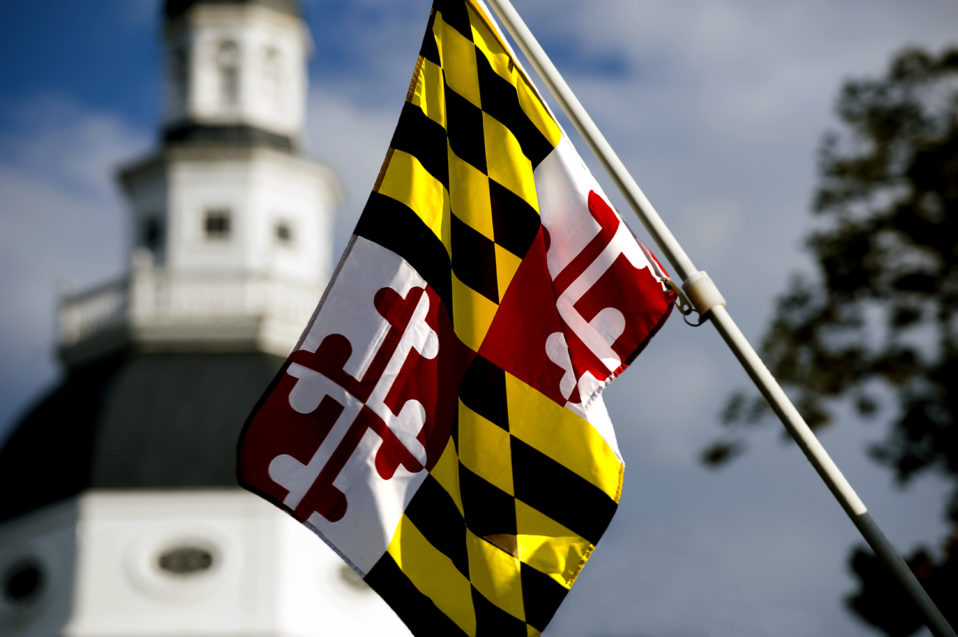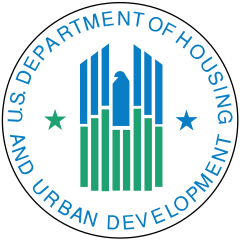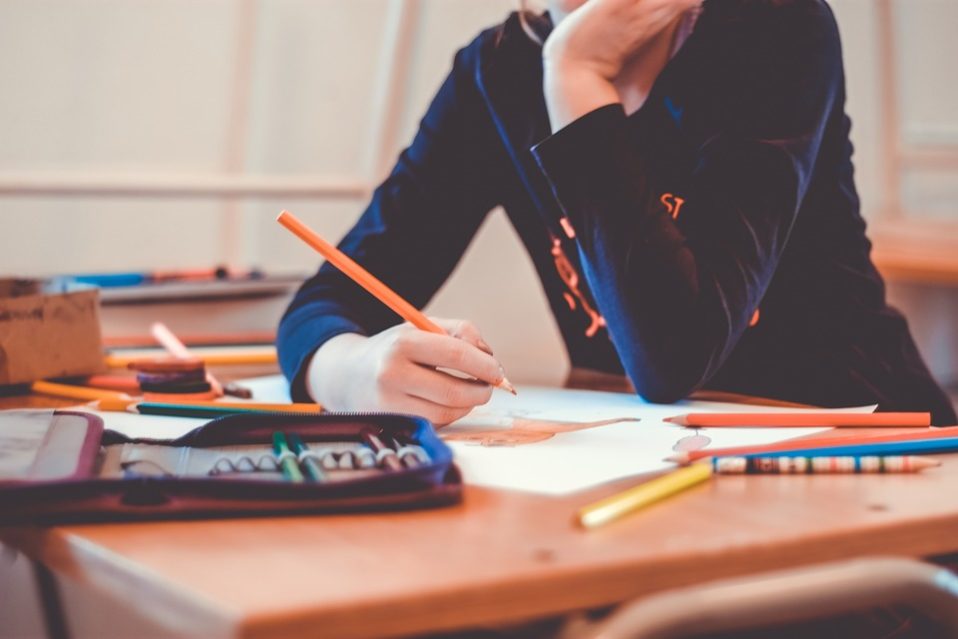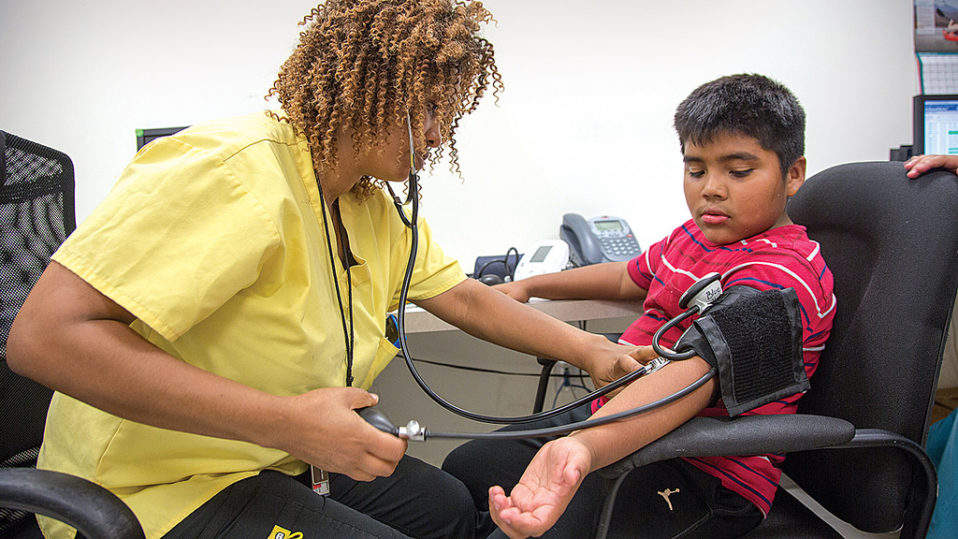As of September 19, 2017, Maryland Medicaid will now cover adaptive car seats when medically necessary for Medicaid enrollees. These seats can enable people who need more or different support than non-specialized, off-the-shelf car seats provide — or who have outgrown such car seats and require specialized seating — to ride safely in cars and thus participate more fully in the community. Disability Rights Maryland is available to consult with your doctor or physical therapist if he or she has any questions about how to apply for an adaptive car seat for you or your family member. Please contact us at (410) 727-6352.
HUD Report Reveals Rental Discrimination Based on Mental Disabilities
The United States Department of Housing and Urban Development released an important pilot study which revealed that persons living with mental illness, intellectual or other developmental disability continue to face significant discrimination in the rental housing market.
Among the findings, persons with mental disabilities received fewer responses to rental inquiries, were informed of fewer available units and were less likely to be invited to contact the housing provider.
Read the study: Rental Housing Discrimination on the Basis of Mental Disabilities: Results of Pilot Testing
Share Your Story and Help Protect Healthcare
Congress and the Trump Administration are moving toward repealing the Affordable Care Act (ACA) and changing the fundamental structure of the Medicaid program. Below, we have provided additional information about these proposals and some suggested ways to get more involved. Your story can help illustrate the importance of access to healthcare and gives a voice to many other Americans facing the same issues.
A few ways that the ACA repeal and changes to Medicaid financing would affect the Medicaid program:
- Under the ACA, Maryland joined 30 other states in allowing childless adults up to 138% poverty – an estimated 115,000 Marylanders – to access Medicaid coverage, which includes treatment for mental illness and substance abuse disorders that many had previously lacked. Repealing the ACA would likely end coverage for these people.
- The ACA allowed states to implement the Community First Choice program (CFC) that covers Medicaid services (including personal care aides) which allows over 9,500 seniors and people with disabilities in Maryland to live at home in the community rather than in institutions.
- Other Congressional proposals include changing how Medicaid is paid for in a way that will limit people’s access to healthcare. Currently, Federal and State governments share the cost and changes would limit federal funding by either:
- providing a fixed amount of money to each state for its entire Medicaid population (“block grants”)
- providing a fixed amount of money per person (“per capita caps”)
With less federal money coming in, either proposal would put great pressure on State funding and likely lead to cuts in services and/or eligibility.
The ACA repeal would affect everyone in Maryland, particularly people with disabilities:
- Certain reforms apply to nearly any health insurance plan. Insurance companies are now prohibited from denying coverage based on pre-existing conditions and from limiting how much they will pay for someone each year and over her lifetime. Also, women may not be charged more for insurance than men; there are limits to how much more seniors may be required to pay than young people; and dependents can stay on their parents’ insurance plans until age 26.
- The ACA made private insurance affordable through plans available on the exchanges, which are subsidized for people below certain income limits. It also required a more comprehensive benefit package in private plans, including mental health and substance abuse disorder services, and required that many preventative health services be covered for free.
Ways you can get involved today:
- Share your story – why you need access to healthcare through the ACA or Medicaid – with the National Health Law Program (NHeLP) Share your story with NHeLP
- Call your U.S. Senators and Representative, even if you believe they already agree with you, it is helpful for them to hear what their constituents think is important. Look up contact information here.
- Send a letter to your member of Congress – National Disability Rights Network (NDRN)
Learn More:
How the ACA repeal would impact Marylanders.
How people with disabilities benefit from the ACA.
How changes in funding would impact Marylanders





